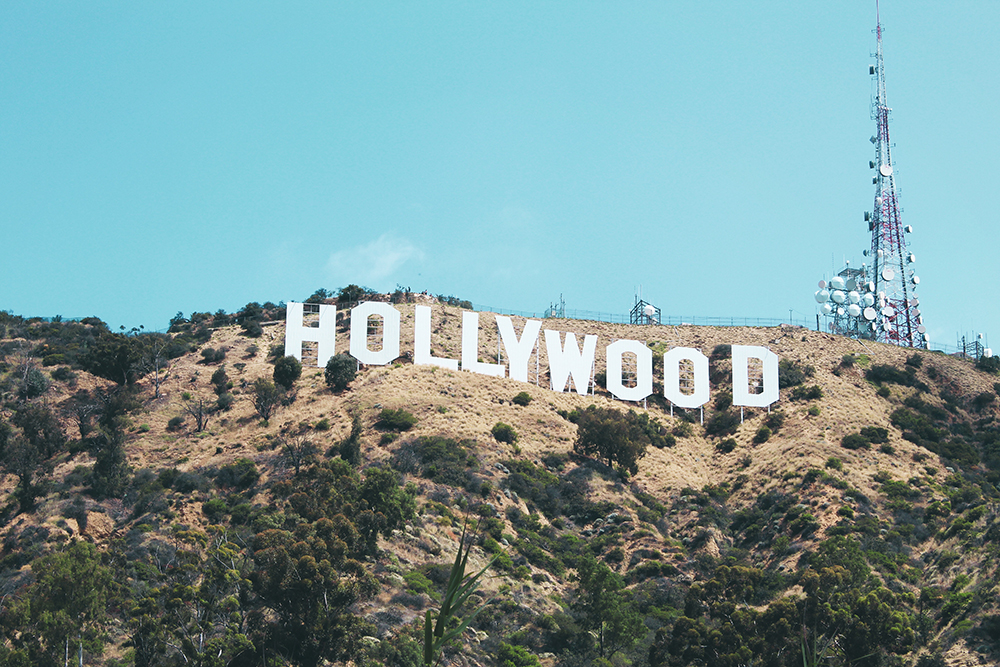Armoured vehicles and water cannon deployed earlier to tackle protests amid China plans to force through security laws
Hong Kong police have fired teargas at crowds after thousands of people took to the streets in protest of Beijings extraordinary declaration it would impose national security laws on the semi-autonomous region.
The rally and march in the central business and shopping districts are unauthorised, and a brutal police response was widely feared. Riot police, armoured vehicles and water cannon were deployed across the city including at Beijings Liaison Office on Sunday morning, and police had warned people not to march, promising to take resolute law enforcement action as appropriate. Social media listed numerous police roadblocks, and showed cars being searched.
Tensions grew as people descended on Causeway Bay in one of the biggest gatherings since the pandemic began, in defiance of social distancing laws. Police, many in full riot kit, soon raised their blue flag warning people to disperse from the unlawful gathering or they would use force.
Footage showed some protesters hurling plastic bottles, umbrellas, and small branches ripped from nearby trees at officers.
Nathan Law (@nathanlawkc)Rally Live:Sea of people reappeared in Hong Kong to protest the upcoming National Security Law which endanger the freedom and safety of Hong Kong people.#HongKong#Protestpic.twitter.com/QjhXHX18MQ
May 24, 2020
Large crowds had begun peacefully marching up Hennessy Road, when police fired multiple rounds of teargas within 30 minutes of the protests official start time.
Shops and buildings quickly shut their doors, and people ran into side streets and pedestrian overpasses before soon moving back onto the main road. Police began chasing individual people down.
One 30-year-old protester, Ms Chan, told the Guardian: Even if theres a risk of being arrested, Id still come out, Ill fight till my last breathe.
Anti-government protesters walk through the streets of Hong Kong. Photograph: Tyrone Siu/Reuters
Officers had earlier shut down information stalls set up by pro-democracy groups, ordered people to leave the area, and arrested People Power vice-chair Tam Tak-chi. Tam chanted slogans as he was led away, followed by dozens of reporters.
Crowds chanted HK independence, only way, fight for freedom stand with HK, and rejuvenate HK, revolution of our time.
The rally, which was planned last week in relation to another controversial law which would criminalise ridicule of the national anthem, took on a new urgency after the Chinese Communist Party government revealed its plans at last weeks annual meeting.
The draft legislation being considered by Beijings National Peoples Congress (NPC) outlaws acts of subversion, separatism, acts of foreign interference and terrorism against the central government, charges that have been used against political dissidents and opponents in mainland China.
It would also allow Beijing to install its own security agencies in Hong Kong.
Protest action began on Sunday morning with small groups of activists and pro-democracy politicians marching to Chinas liaison office. They arranged themselves in groups of eight in order not to breach the governments social distancing rules. The Hong Kong government has relaxed many restrictions but maintained limits on public gatherings, prompting accusations it was a tactic to prevent protests.
A characteristic of a dictatorial country is that they use national security as a pretext to suppress freedom of speech, Roy Tam, a district councillor shouted through a loud hailer.
Eight activists from another group, League of Social Democrats, arrived to demonstrate in front of the office minutes later.
Hong Kong people defending our human rights, they chanted. Dont forget the June 4 massacre! Human rights are higher than the regime! Down with Communist Party dictatorship!
Despite global condemnation, Hong Kongs leader, Carrie Lam has given support for the NPC bypassing the Hong Kong government to impose the law itself.
Under the Basic Law the mini-constitution enacted when Hong Kong was handed to China by Britain in 1997 Hong Kong is obligated to pass national security laws itself.However successive attempts to pass them have failed in the face of community opposition.
Former legislator and co-drafter of the Basic Law, Martin Lee, has previously told the Guardian that the opposition is in part because governments had failed to deliver on the Basic Laws promise of universal suffrage.
The announcement that Beijing would impose national security laws stunned Hong Kongs residents, millions of whom have marched through the city to protest against a now-shelved bill which would allow extradition to the mainland, and to defend their democracy.
The 1997 handover agreement promised 50 years of uninterrupted semi-autonomy for Hong Kong under the one country two systems principle.
With its announcement Beijing has been accused of trying to bring 2047 forward to 2020.
Mass protests in 2019, which have begun to rekindle now the city is emerging from pandemic restrictions, have been widely cited by authorities as the catalyst for the increased crackdown.
Since June more than 8,000 people, including children, have been arrested over involvement in protests. There is fear that at a minimum, the new laws could be used to increase the charges against them.
Earlier this month the police watchdog effectively cleared officers of accusations of brutality, collusion, and excessive force, in a report that was labelled a whitewash by human rights groups.
Authorities openly took advantage of the citys 7.4 million residents staying home to stop the spread of the virus, by rounding up senior activists and pro-democracy figures and cracking down on small breakout protests.
In recent weeks Beijings senior offices in Hong Kong have made interventionists statements about Hong Kong parliamentarians, and declared that constitutional bars on mainland interference do not apply to them.
The national security laws have been condemned around the world, with the US threatening consequences for mainland China.

